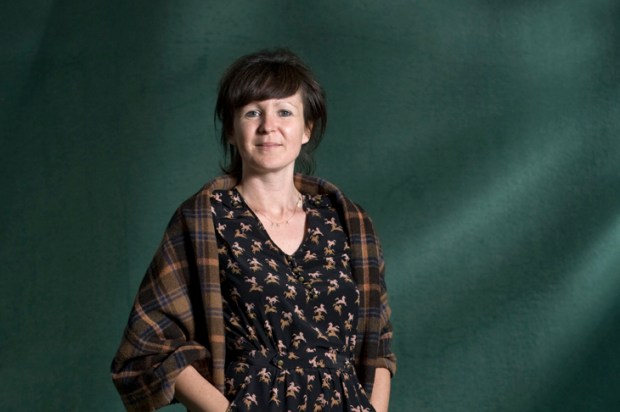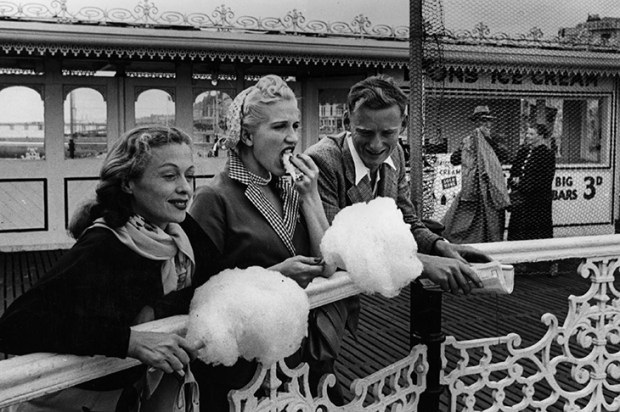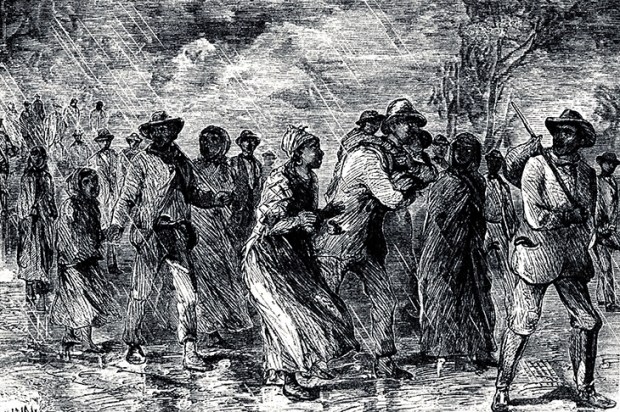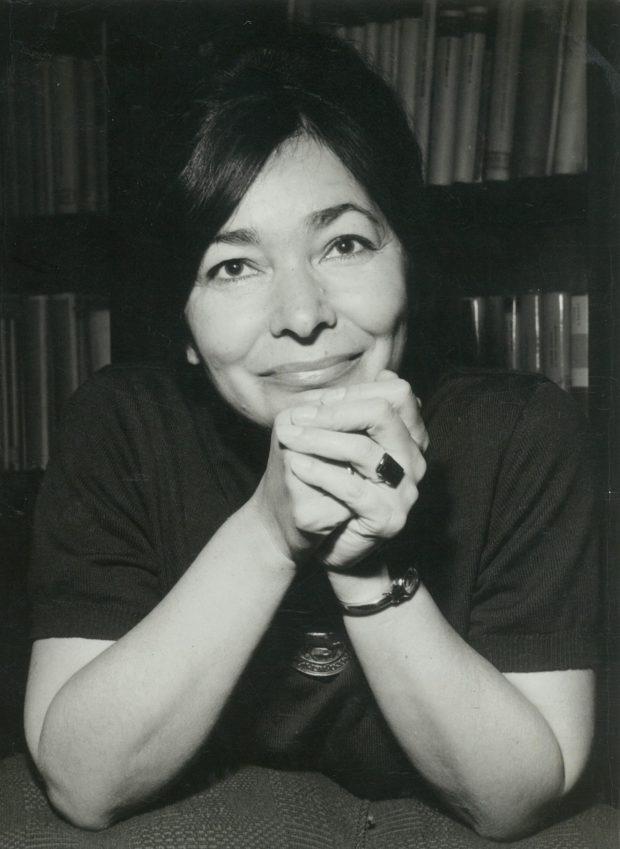I wrote foul-mouthed marginalia throughout Benjamin Markovits’s A Weekend in New York. Not because Markovits is a bad writer — he has a deserved reputation for excellence. But because this study of a privileged American family reaches for a significance it doesn’t achieve, and leaves a self-consciously literary novel with a surfeit of detail.
There are admirable qualities. Markovits’s prose is elegant; his portrait of New York is vivid; his characters feel authentic. Paul Essinger is a mid-ranked tennis player facing retirement. Over a long weekend, his donnish siblings reunite in New York for his final match. Nathan is a Harvard professor; Jean a producer involved with her married boss; Susie has declined tenure for more children; their parents, Bill and Liesel, are academics enjoying the fruits of boomer stability. Markovits’s close focus on four days in their lives explores family fault lines, and how their history defines them individually and collectively.
But the novel lacks discretion. All the dinner-table bickering, every petty squabble, is recounted with mundane specificity: ‘These conversations could go on and on…And on and on.’ ‘‘‘The first time I had dinner with your family,” [Paul’s partner] Dana said, “I had to sneak off to the bathroom and cry”’. Same, I thought. Similarly, there’s an aggressively banal level of detail:
The city had recently invested in its municipal spaces… He took plates from the dishwasher (which had recently run)… Rose used an air freshener, Woodland Escape…Her knee hurt…‘I need to pee’.
Social realism requires close observation, but the detail must be justified. There’s so much minutia here it obscures any wider literary purpose.
Markovits reaches towards a Great American Novel, using the family to comment on the national whole. The Essingers are shoe-horned into history with Liesel’s parental backstory in Nazi Germany, box-ticked into the American story via their unions with spouses from different cultures. Markovits adds them to the body politic too, with Nathan debating whether to help Obama’s justice department legally justify drone strikes.
But this contributes to a feeling of datedness and literary exercise. When Trump is merrily buzz-sawing the constitution, how can we empathise with a Harvard law don’s quibbles about working for Obama? With America shredding itself politically, racially and economically, what’s the point of a minute study of a ‘spoiled’ upper-middle class family in 2011? Towards the end of the novel, Susie uses the phrase ‘Hey, what was that for?’. I found myself asking the same question.
Got something to add? Join the discussion and comment below.
Get 10 issues for just $10
Subscribe to The Spectator Australia today for the next 10 magazine issues, plus full online access, for just $10.
You might disagree with half of it, but you’ll enjoy reading all of it. Try your first month for free, then just $2 a week for the remainder of your first year.














Comments
Don't miss out
Join the conversation with other Spectator Australia readers. Subscribe to leave a comment.
SUBSCRIBEAlready a subscriber? Log in